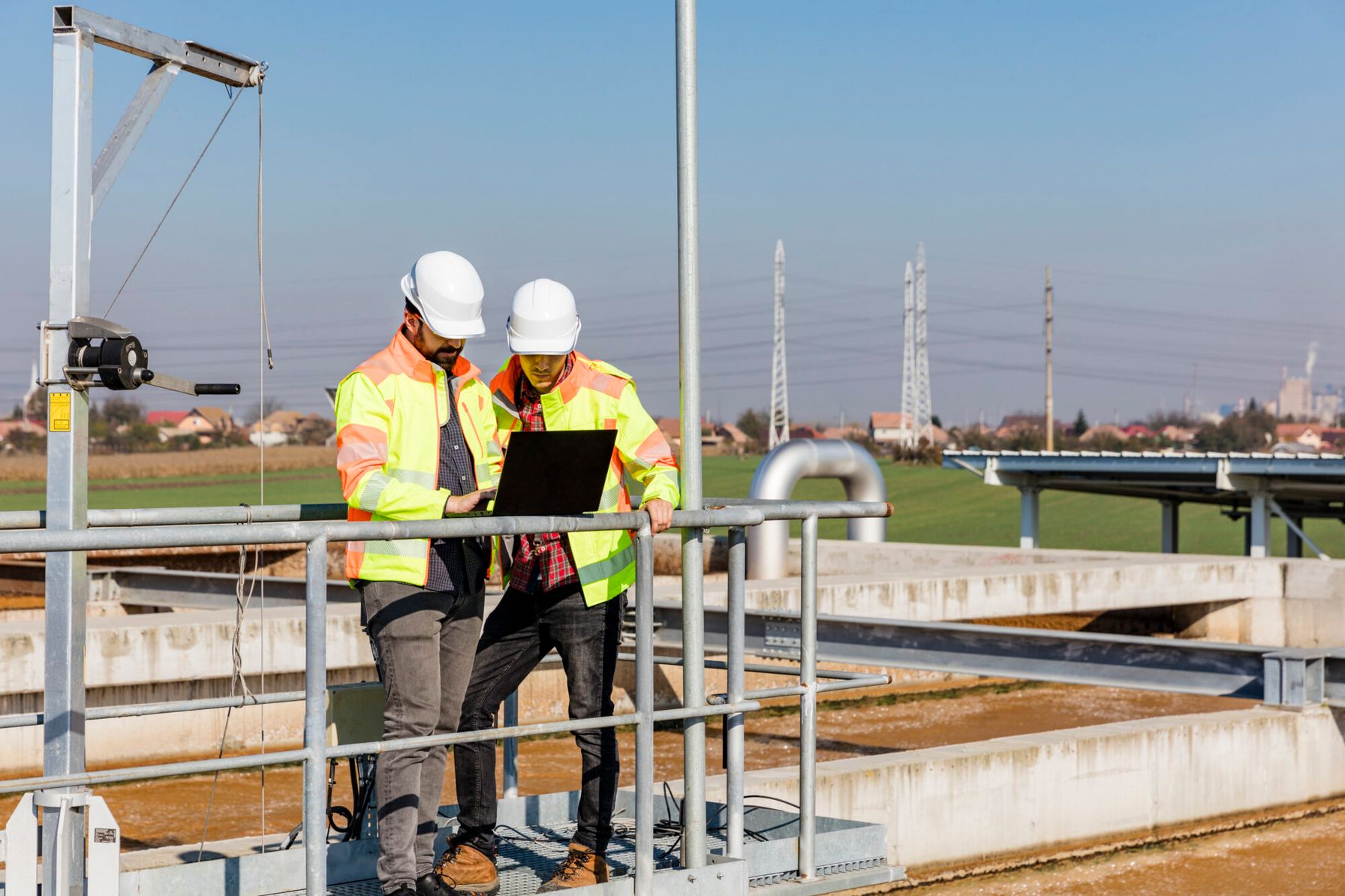
While a Phase I Environmental Site Assessment (ESA) is a common method for identifying environmental liabilities during transactional due diligence, the ASTM International standard for Phase I ESAs (E1527-13, with proposed E1527-21 awaiting adoption) omits regulatory compliance from its scope. For properties containing operations that may be applicable to environmental compliance regulations, performing a limited environmental regulatory review can identify potential deficiencies with the environmental management of the facility.
A limited environmental compliance review typically evaluates the presence of material findings that may exist in a facility’s management of its environmental compliance requirements. Material findings are defined as a condition of non-compliance that could necessitate expenditures, not including attorney fees or regulatory agency penalties, in excess of a specified dollar amount or materiality threshold. The materiality threshold is based on the client’s risk tolerance and is often in the range of $50,000. However, this amount is arbitrary and can be revised as appropriate. Non-material deficiencies, those identified below the materiality threshold, would still require action but are within the client’s risk tolerance.
A limited environmental regulatory compliance review is not intended to constitute an in-depth environmental compliance audit. Instead, its purpose is to identify general management omissions pursuant to regulatory programs or permits and significant non-compliance trends. Topics through interviews with facility personnel and site walks include:
- Air Emissions
- Hazardous and Non-Hazardous Waste Management
- Universal Waste Management
- Industrial Wastewater and Storm Water Discharges
- Spill Prevention and Control
- Emergency Planning and Community-Right-to-Know Act (EPCRA) Reporting
- Polychlorinated Biphenyl (PCB) Management
- Underground and Aboveground Storage Tanks (USTs and ASTs, respectively)
- Occupational Safety and Health Administration (OSHA) Worker Health and Safety
Additional supplemental topics that do not typically constitute a formal survey but may be reviewed include security, asbestos-containing materials, lead-based paint and contaminants of emerging concern.
By identifying both material and non-material deficiencies, the client is provided a high-level overview of the facility’s environmental compliance requirements. Understanding these deficiencies pre-closing allows the client to determine if follow-up activities are warranted immediately, or if they would be more appropriate to complete post-closing. Follow-up activities may include:
- Hazardous Waste Characterization and/or Obtaining an Environmental Protection Agency ID
- Detailed Evaluations Regarding the Applicability of EPCRA Reporting and Subsequent Tier II and/or Toxics Release Inventory (TRI) Reporting
- Detailed Air Emission Calculations and Subsequent Preparation and Submittal of a Notice of Intent (NOI) to Obtain an Air Permit, or Documentation of a Qualified Exemption
- Preparation of a Spill Prevention, Control and Countermeasure (SPCC) Plan
- Preparation of a Storm Water Pollution Prevention Plan (SWPPP) and Submittal of an Application for a Storm Water Permit
- Preparation and Submittal of an Application for an Industrial Wastewater Permit
- UST and/or AST Registration and Applicable Testing
How Can TRC Help?
TRC has staff nationwide that are cross trained in both Phase I ESAs and limited environmental regulatory reviews. This allows us to efficiently and effectively provide both of these services and address specific issues with specialized staff should follow-up activities be required. TRC’s specially trained compliance professionals are available to assist with any evaluation of environmental compliance across the country.
Contact Our Expert Below To Learn More
